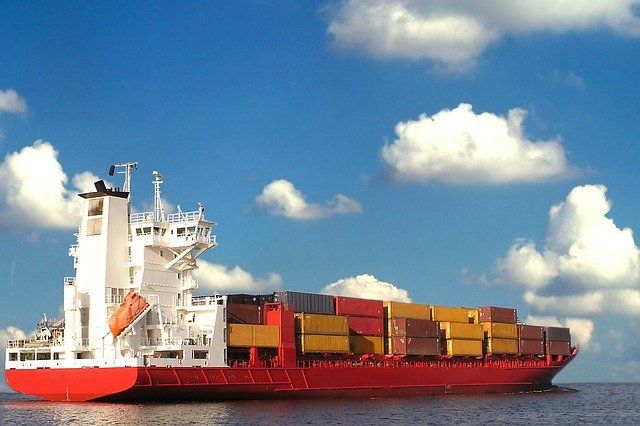
ESG policies have become multi-industry goals. From retail, to tech, and food production, sustainability is key. At Polestar, we are seeing many companies changing their policies to prioritise the environment and keep up with an environmentally focused consumer base.
With so much of the manufacturing and industrial sector relying on efficient supply chains, the aviation and marine sector is important to the functioning of the entire industry. However, both aviation and shipping create a lot of green house emissions that will not fulfil the ESG goals of many companies nor countries.
The World Economic Forum released a post today on how aviation and marine subsectors can reach their sustainability goals. Three steps were highlighted within the post:
1. Economics: The sheer economies of scale of existing petroleum refineries and crude oil global trade as compared to biorefineries and bio-feedstock global trade put emerging fuels at an disadvantage from both capital efficiency and input-cost standpoints. To level this playing field, non-crude renewable carbon feedstocks need policy support. That will enable robust, abundant supply chains and bring down the costs of SAF and SMF in the medium term.
2. Defining sustainable fuel: Unambiguous, widely accepted definitions of sustainability are equally important. Fossil-based aviation and marine fuels themselves have varying levels of real life-cycle greenhouse gas emissions, depending on which crude oils are used, exactly how these are processed and over how many miles the raw materials and products of these supply chains are moved, and by what means of transport.
3. Regulation: One particularly long lead time component in bring sustainable transportable fuels to market is the certification and qualification process, which necessarily involves original equipment manufacturers, engine manufacturers, fuel producers, standardization bodies and regulatory agencies within the framework of policy enablement in all countries that may produce, store or use the fuel.
Sustainability goals should be a standard practice for all fuel producers and ESG investors. Investors, especially PE firms, have realised that socially conscious investing is here to stay – data from Morgan Stanley Bank suggests that nearly 90% of millennial investors choose investments based upon their alignment with their personally held values.
Industries will need to evolve, especially within aviation and marine shipping. With so much technology capabilities available, we’ll see the change coming soon.
And, of course, if you want to get in touch about anything ESG related, don’t hesitate to do so. We have research, experience, and investors ready for you.
On the current trajectory, sustainable fuels will only supply a small percentage of aviation and shipping needs.